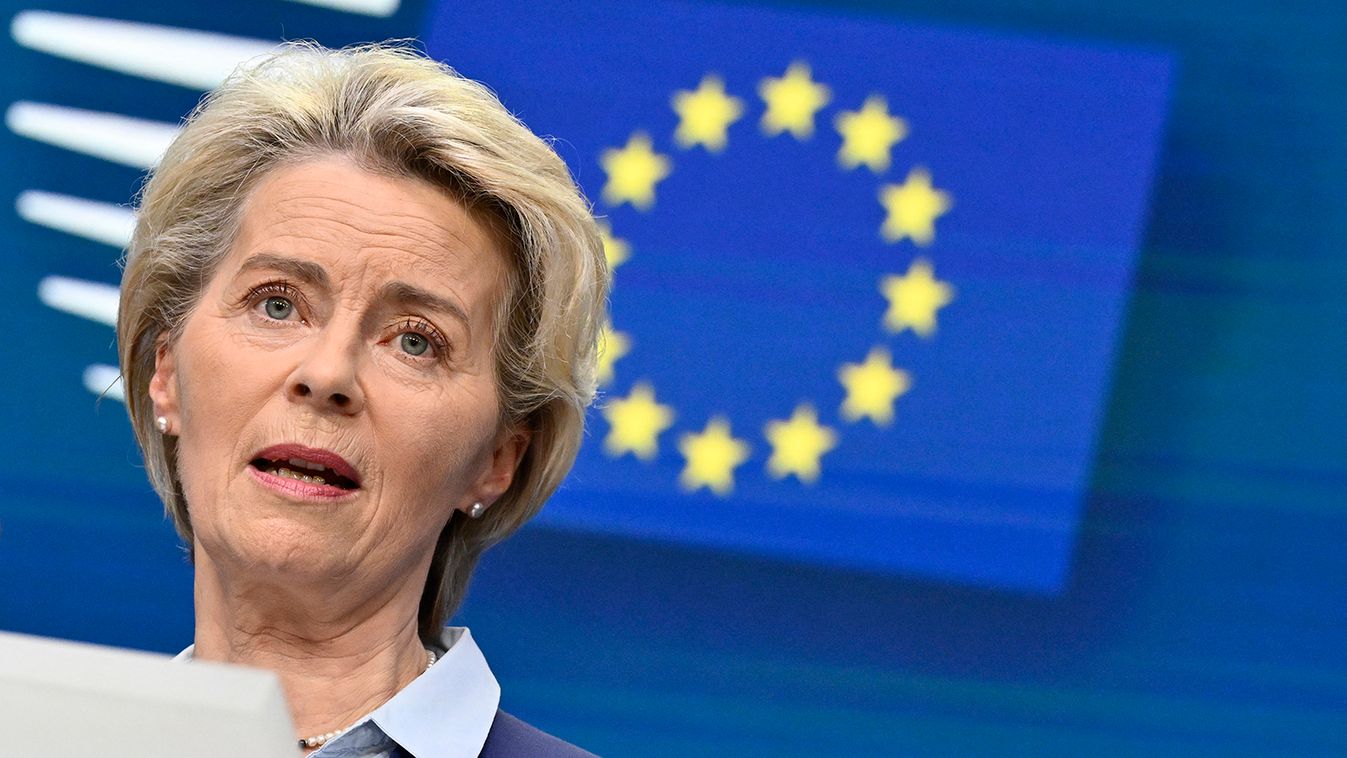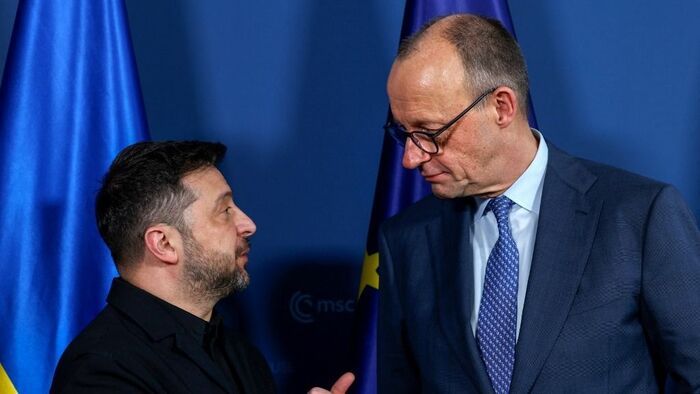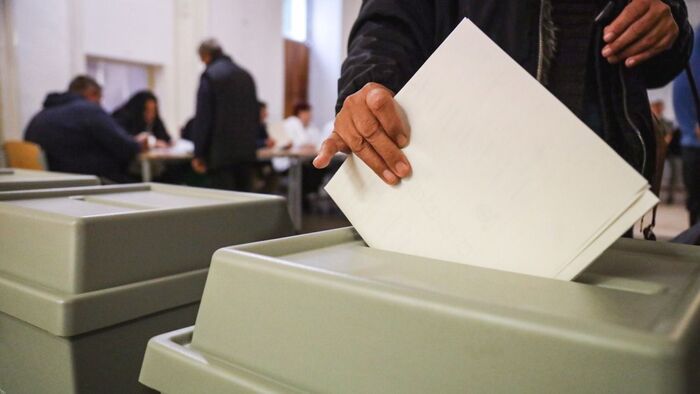The institution of the rule of law report has just a few years of history in Brussels, but its importance far exceeds its age: once an informative document, it has come to entail very serious consequences by now, for example the fate of the money that Hungary is entitled to, but still withheld depends on it. Practically, it is a "progress report" for each member state in Brussels to evaluate how well a government in question has managed to meet the expectations of bureaucrats. Needless to say, Poland's and in particular Hungary's reports are typically rather condemning.
Over the years, we have become accustomed to the fact that rule of law reports actually convey messages on ideological issues wrapped in legal jargon. If Brussels is unhappy with any of the policies adopted by the sovereign Hungarian national government, we can expect that this will not go unanswered. Whether it is migration, child protection or gender, we can certainly expect messages in some legal guise. This year, the war was also included in this circle of issues, with criticism over holding a national consultation survey in Hungary on the flawed sanctions Brussels introduced in response to the war in Ukraine.
The rule of law report is part of Brussels's blackmail machinery, which is one of the 'top products' of EU policy operating according to its own rules. In fashionable terms, Brussels's policy is a "circular economy" with "zero waste", nothing goes down the drain. Any criticism against Hungary, regardless of its truth content, whether coming from Brussels, the pro-war dollar Left or NGOs funded by George Soros, will later become a reference point in further documents. And this whole process culminates in annual reports like this last one.
While the Hungarian government has been making steady progress since the end of last year in meeting the so-called super milestones necessary to unlock the withheld funds, Brussels keeps finding excuses as to why Hungary's performance cannot be accepted. For example, MEP Daniel Freund, an eternal critic of our country, recently stated that the Hungarian government has not yet fulfilled any of its twenty-seven commitments. The report echoes this kind of cynical rhetoric, being rather restrained about the possible future positive effects of the Hungarian provisions.























Szóljon hozzá!
Jelenleg csak a hozzászólások egy kis részét látja. Hozzászóláshoz és a további kommentek megtekintéséhez lépjen be, vagy regisztráljon!